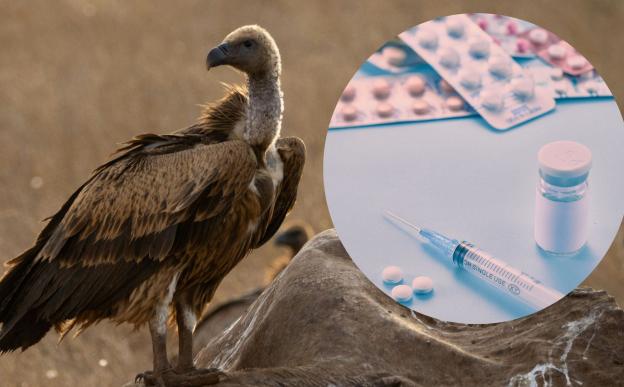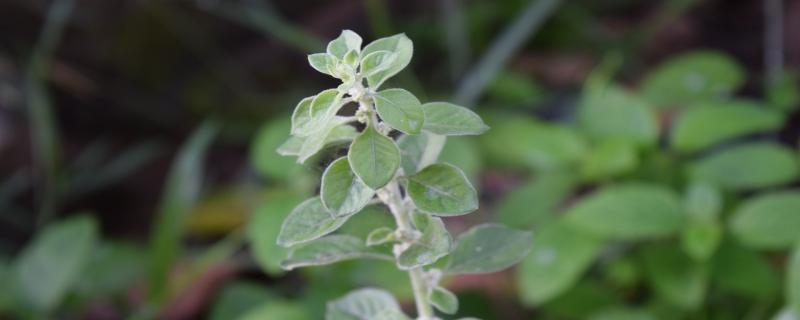Indigenous tribal communities usually reside in harmony with their environment and possess the knowledge, passed down to them by tradition, of the nutrient-rich food available in their surroundings. These traditional foods are rich in proteins and micronutrients. Globally, almost a billion people are dependent on these foods for adequate nutrition. However, despite this treasure of knowledge and proximity to the biodiverse environment, the tribal communities face widespread malnutrition. A diverse diet, consisting of the specific indigenous foods known and accessible to these communities would fulfil the micronutrient need. But because of reasons like easy access to markets, food security programs and other opportunity costs of accessing diverse food sources, tribal communities are transitioning towards monotonous modern diets, which may contribute to hidden hunger in them.
Dr Suparna Ghosh Jerath of the Indian Institute of Public Health-Delhi (IIPH-Delhi) realised the importance of studying and documenting this treasure trove of knowledge of indigenous foods and food habits and exploring the possibility of utilising this knowledge to address malnutrition in the tribal communities.
Despite successful bans on the veterinary drug diclofenac in Nepal and parts of India, a decade-long undercover investigation reveals that toxic alternatives like flunixin and nimesulide are rapidly replacing it, posing a renewed existential threat to the region’s critically endangered vulture populations.
Mumbai/

